ICI Communication ║ The ICI and Harvard Graduate School of Education Language For Learning Lab jointly explore the future of classroom intelligent analysis
2025-04-14
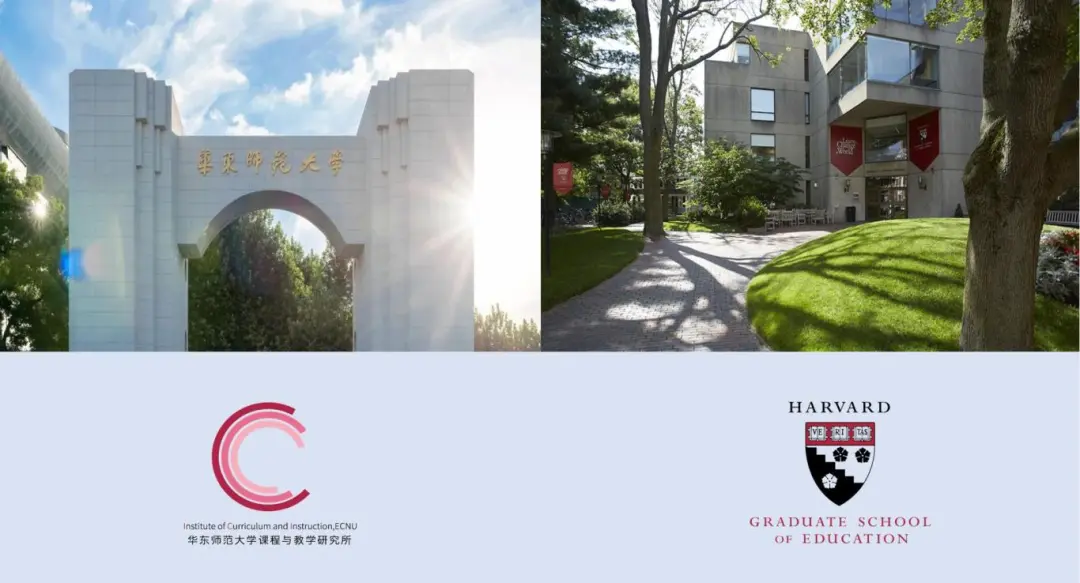
On April 2, 2025, the International Classroom Analysis Laboratory of the ICI and the Language For Learning research team of the Harvard School of Education held an academic exchange on "AI-enabled classroom discourse analysis". The two sides shared the latest research in this field between China and the United States, laying a preliminary foundation for subsequent cooperation.
Professor Cui Yunhuo, Director of the ICI, Associate Professor Yang Xiaozhe, Party Branch Secretary, Associate Professor Shi Yuchen, Director Assistant of ICI, and Dr. Jiang Jialong of the School of Computer and Network Space Security of Fujian Normal University participated in the seminar.
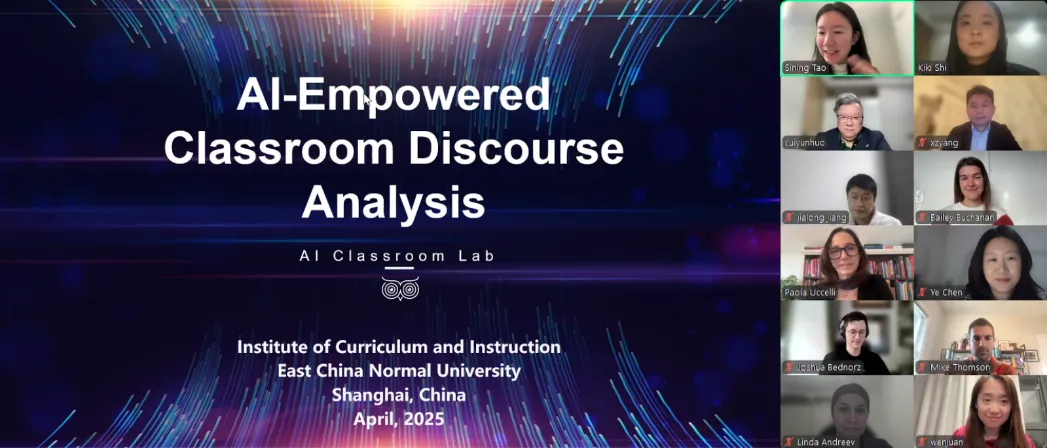
Associate Professor Shi Yuchen first introduced that the ICI is the "national team" of Chinese curriculum and teaching, a key research base for humanities and social sciences of the Ministry of Education, and a key research base for national textbook construction.
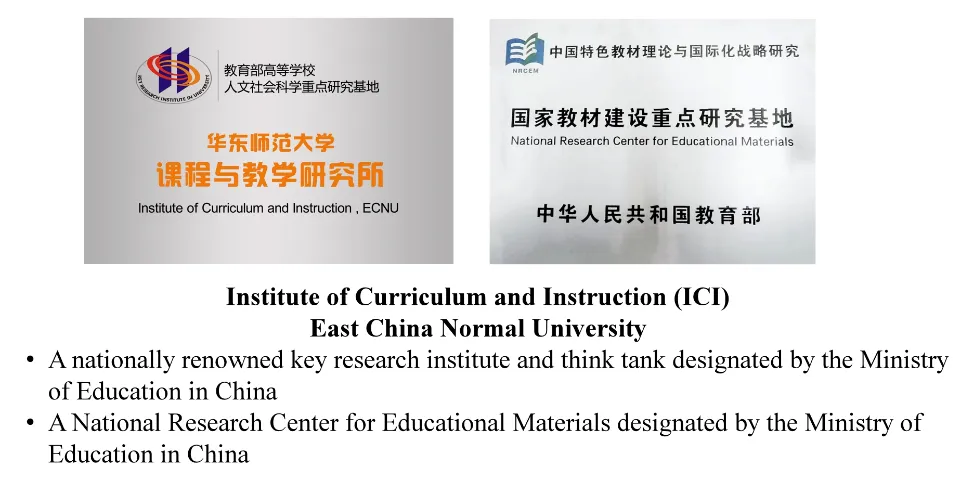
Associate Professor Shi Yuchen also introduced the core members of the research team.
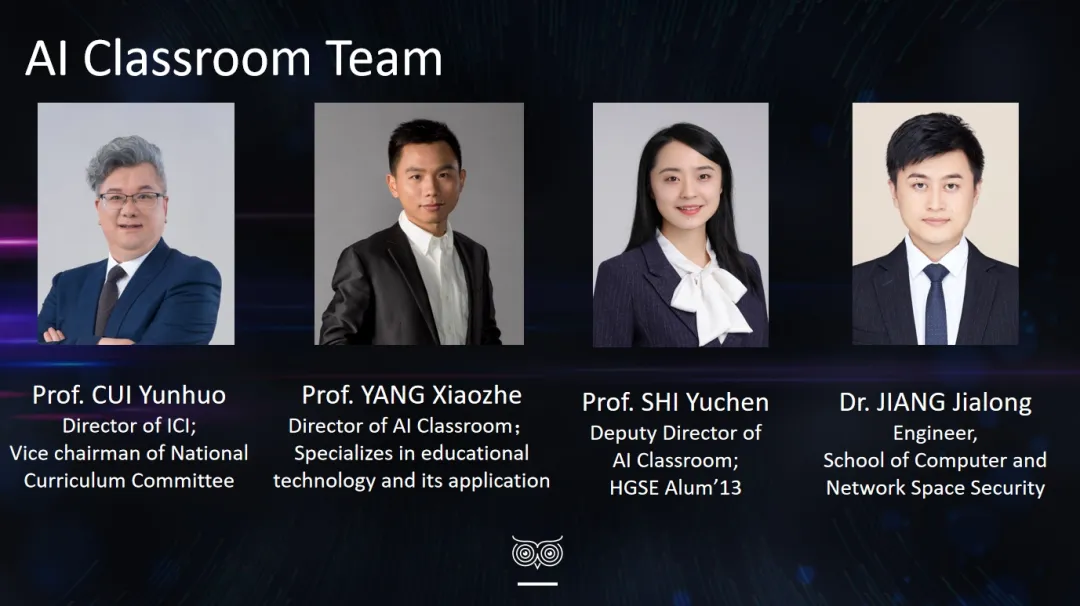
Subsequently, Associate Professor Shi Yuchen gave a systematic introduction to the classroom intelligent analysis system (AI Classroom): The system is based on multimodal AI technology (speech recognition, behavior analysis, and large language models), and has realized the automatic encoding of teaching behaviors and classroom discourse, providing evidence-based classroom analysis reports for teaching improvement.
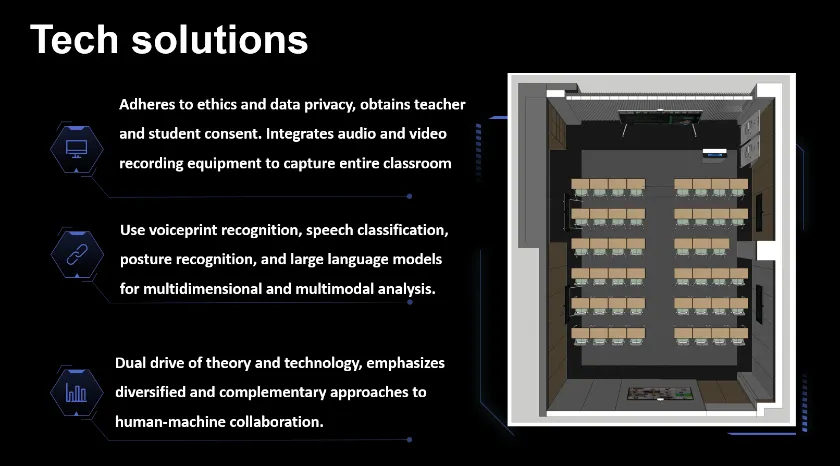
At present, more than 200 primary and secondary schools in China have been using this system on a regular basis, and have realized the automatic generation of classroom "examination reports" within 15 minutes, providing strong support for teachers to carry out teaching and research. Associate Professor Shi Yuchen also sorted out the research and development process of the team from "listening to and evaluating lessons" to "classroom observation" and then to "classroom analysis".
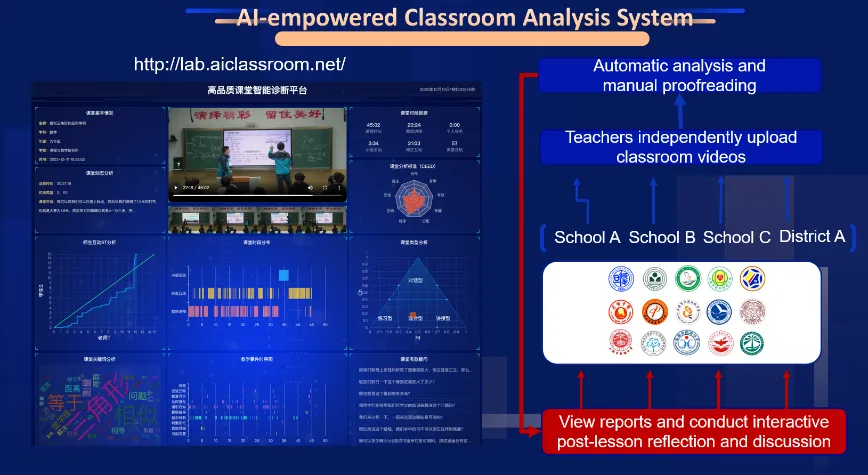
Finally, the curriculum team also expressed expectations for the future direction of classroom intelligent analysis,
including
1 Towards specific subjects
2 From "general" to "individual"
3 Conduct cross-cultural comparative studies
4 Increase non-verbal analysis
5 Develop more highly sensitive and reliable coding frameworks
6 Support more diverse research designs, including observational research, experimental research, and action research
7 Better integrate teacher professional development and truly empower teachers
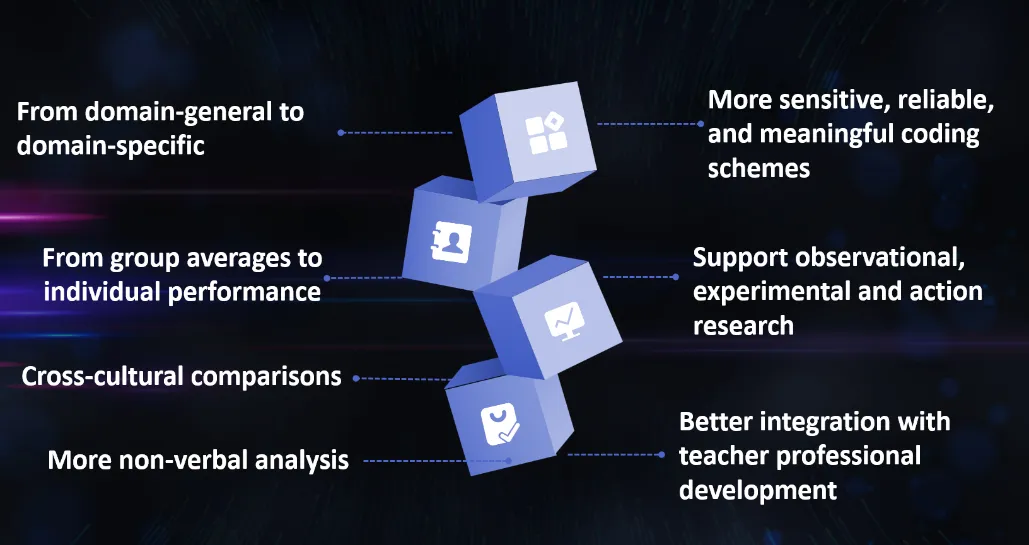
In the final review and Q&A session, Professor Paola Uccelli of Harvard School of Education highly praised the system as "an innovative paradigm that deeply integrates educational theory with AI technology" and proposed ideas on how the analysis system can conduct more detailed analysis of students' language use and how to better capture the "student-centered" classroom discourse model. Professor Catherine Snow of Harvard School of Education proposed suggestions on how to better distinguish time between "students completing tasks independently" and "group cooperation".
Other members of the Language For Learning research team also raised questions about how to enhance non-verbal analysis, how to break the IRE analysis framework, how to identify overlapping discourse, how to collect and analyze teachers' usage experience, and provided novel analysis ideas and suggestions.
The webinar ended in a pleasant and fulfilling atmosphere. Both parties expressed their willingness and vision to continue to promote cooperation in the future. We look forward to working together in the future to further empower "cross-border" classroom teaching transformation and analysis with technology.
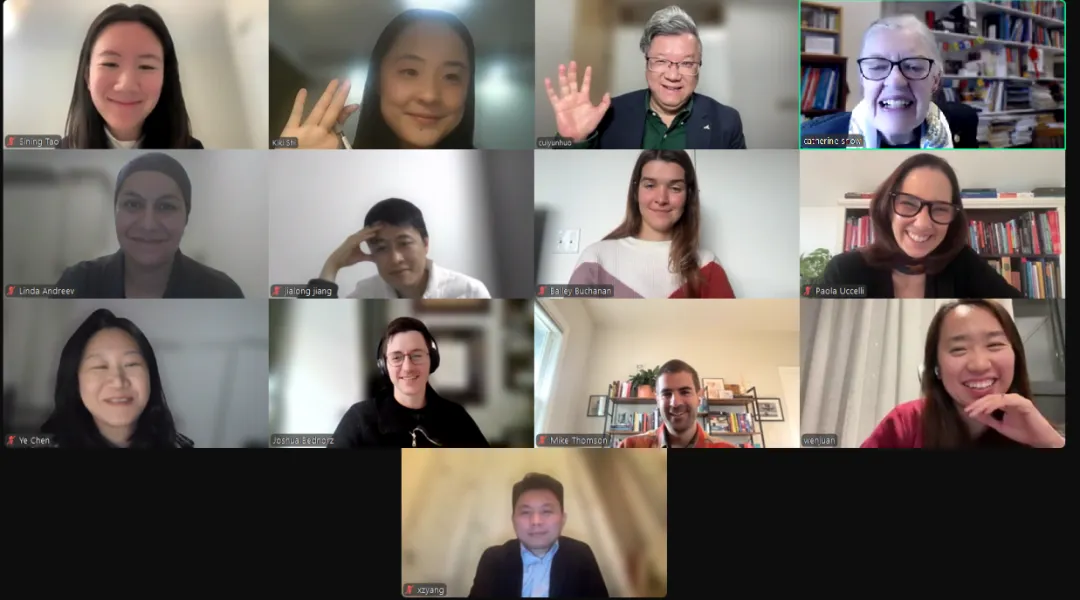
About L4L
Laboratory website: https://languageforlearning.gse.harvard.edu/home
The L4L research team is committed to exploring the social, cultural and individual differences of learners in the process of oral and written language development, and studying how these differences affect students' comprehension, communication and academic achievements. The research aims to build a set of language learning theoretical frameworks suitable for promoting educational equity and excellence, and provide theoretical support for teaching practice.
The core members of the laboratory include Professor Paola Uccelli and Professor Catherine Snow, world-renowned experts in educational linguistics, as well as several master and doctoral students from the Harvard School of Education.